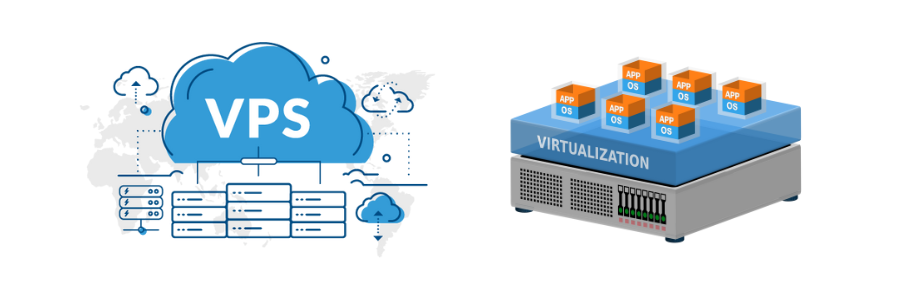
Virtual private server (VPS) technology is a form of web hosting that provides users with a virtualized environment. This technology allows users to have their own private server, complete with its own operating system and resources, while still being hosted on a shared physical server.
A VPS is created by partitioning a physical server into multiple virtual servers, each with its own dedicated resources such as CPU, memory, and storage. This allows for greater flexibility and control, as users can customize their own server environment and install their own software.
One of the biggest benefits of VPS technology is the ability to have root access to the server. This allows users to have complete control over their server, including the ability to install any software they need and configure their server as they see fit.
Another benefit of VPS technology is the ability to scale resources as needed. For example, if a website experiences a spike in traffic, the user can easily increase their server's resources to handle the increased demand.
VPS technology is also more cost-effective than dedicated hosting, as users are sharing the physical server's resources. This makes it an ideal option for small businesses, web developers, and those who want more control over their server environment.
However, it's important to note that while VPS technology provides users with their own private server, it is still hosted on a shared physical server. This means that other users on the same physical server can potentially impact the performance of a user's VPS.
Overall, VPS technology provides users with a flexible, customizable, and cost-effective way to host their website or application. It offers many of the benefits of dedicated hosting at a fraction of the cost, making it an ideal option for those in need of a more powerful hosting solution.
